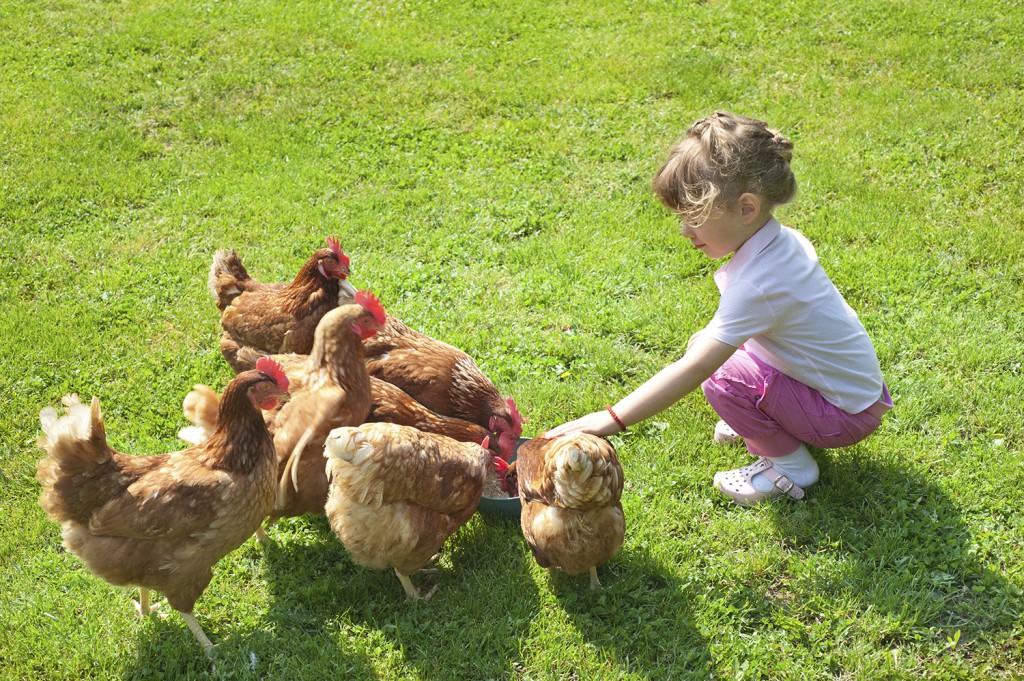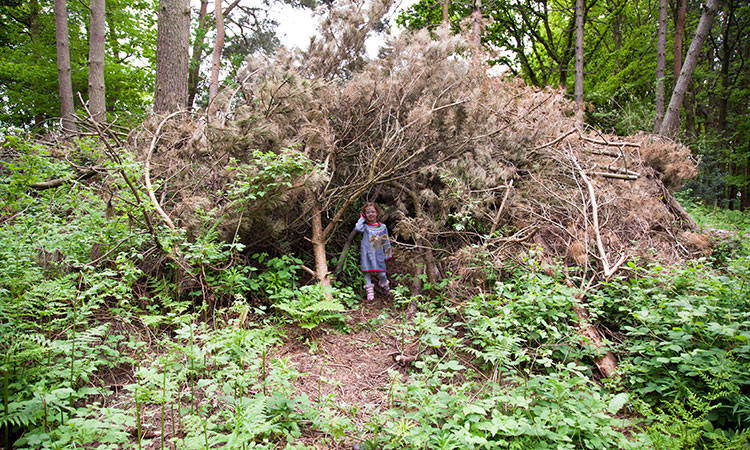I am not a very good ethical shopper, but I do try to buy free range chicken. My reasoning is that if I am going to eat it, I want it to have had a happy life first. ‘Free Range’ rules mean that my dinner must have spent at least half of its time outdoors, had a minimum outdoor space per chicken, and had free and open access to the outdoors during the daytime. These requirements are widely agreed to be what chickens need for their physical and mental wellbeing, and they are far more demanding than any regulations or guidance we have for children!
Why do we have an assumption that being outdoors in a spacious and quality natural environment is essential for the wellbeing of animals, but not for children? We know that as a species we have spent 99% of our evolutionary development outdoors and have only moved indoors for the past 1%. We also know that when animals are confined to restricted indoor spaces they become listless, turn on each other and fail to thrive.
In the US author Richard Louv has had a huge impact with his book ‘ Last Child in the Woods’, in which he describes what he calls ‘nature deficit disorder’ – tracking the disappearance of children from the outdoors, and detailing some of the likely effects including attention deficit disorder, obesity, poor coordination and depression.
So when you are planning your learning for next term, my challenge to you is this: Imagine that you have just been put in charge of coming up with the rules for free-range children. How much time would that mean is spent outside? What kind of quality of environment and access to nature would that require? And how much space would be needed to avoid having ‘battery’ children?
With thanks to Michael Follett BA Hons, PGCE, for writing this post. Michael is a former playworker, teacher and school improvement officer. He is currently director of OPAL and works with primary schools across the UK.


OPAL Outdoor Play and Learning CIC Ltd is a registered community interest company dedicated to improving the quality of play in primary schools and early years settings.





